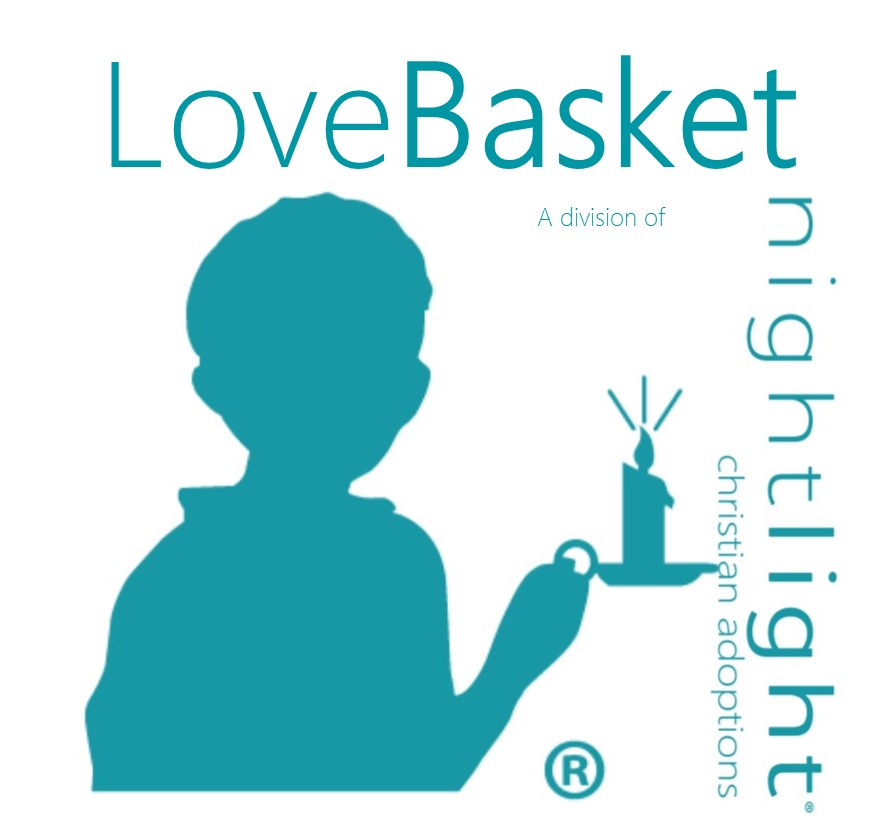Make your dream of pregnancy come true through the miracle of embryo donation and adoption.
Learn more at www.Snowflakes.org
Embryo donation refers to the practice of couples or individuals donating their unused embryos from in vitro fertilization (IVF) procedures to recipients. This process allows individuals or couples who are unable to conceive using their own gametes (eggs and sperm) to have a chance at pregnancy and parenthood.
The process typically involves several steps:
- Donation: Couples who have undergone IVF and have excess embryos remaining after completing their family may choose to donate these embryos rather than discard them. These embryos are typically cryopreserved (frozen) for future use.
- Matching: Recipient couples or individuals seeking donated embryos may work with an international embryo donation agency or clinic to find a suitable match. This involves considering factors such as the donors’ preferences (if known), medical history, and any other criteria important to the recipient.
- Legal and Ethical Considerations: Because embryo donation involves genetic material from both donors (egg and sperm), there are legal and ethical considerations. Embryo donation may involve navigating different legal frameworks, including those related to reproductive rights, parental rights, and citizenship of resulting children.
- Embryo Transfer: Once a suitable match is found and all legal and logistical considerations are addressed, the donated embryos are transferred to the recipient’s uterus through a process similar to IVF. If successful, the recipient may achieve pregnancy and carry the donated embryos to term.
- Support and Counseling: Both donors and recipients may receive support and counseling throughout the process to address any emotional, ethical, or logistical concerns. This can help ensure that all parties involved fully understand the implications and responsibilities of embryo donation.
Embryo donation offers a valuable option for individuals and couples facing infertility. It can provide hope and the opportunity for parenthood to those who might otherwise not have it, while also allowing donors to contribute to the creation of a family in a meaningful way. However, it’s important for all parties involved to fully understand the legal, ethical, and emotional aspects of embryo donation.
Why Embryo Adoption is Different
- Intent and Legal Status:
- Embryo adoption typically involves a process that employes the best practices of social work, where individuals or couples “adopt” embryos that were created by another couple through in vitro fertilization (IVF) and subsequently donated for adoption. The adopting individuals or couples usually undergo a screening process similar to traditional adoption to ensure they are suitable parents. We call this a Snowflakes® Family Evaluation. Matching is done by clinical staff. And the arrangement is “open” so parties can communicate with each other.
- Embryo donation, on the other hand, typically does not involve a home study to vet the family, nor is matching done by social workers, and the parties are anonymous so they don’t communicate with each other at any time.
- Language and Perspective:
- “Adoption” implies a legal transfer of parental rights and responsibilities from the biological parents (or donors in this case) to the adopting individuals or couples. It often carries connotations of permanency and the creation of a familial relationship.
- “Donation,” on the other hand, suggests a transfer of ownership or possession without the legal connotations of adoption. It may be seen as a charitable act or a gift.
- Perception of Parenthood:
- Embryo adoption often involves individuals or couples who are struggling with infertility and see the adoption of embryos as a way to achieve pregnancy and become parents. They may view themselves as the child’s “adoptive parents.”
- Embryo donation may involve individuals or couples who are also struggling with infertility but may not necessarily identify themselves as “adoptive parents” since there’s no legal adoption process involved. Instead, they may see themselves as recipients of a generous donation.
- Legal Considerations:
- Embryo adoption may involve legal contracts and agreements between the donors and the adopting individuals or couples, outlining parental rights and responsibilities, contact arrangements, and other relevant matters.
- Embryo donation may involve legal agreements as well, but they may be less formal and comprehensive compared to adoption contracts.
- Ethical and Religious Perspectives:
- Both embryo adoption and donation may raise ethical and religious considerations related to the status of the embryo, the right to life, and the moral responsibilities of the parties involved.



